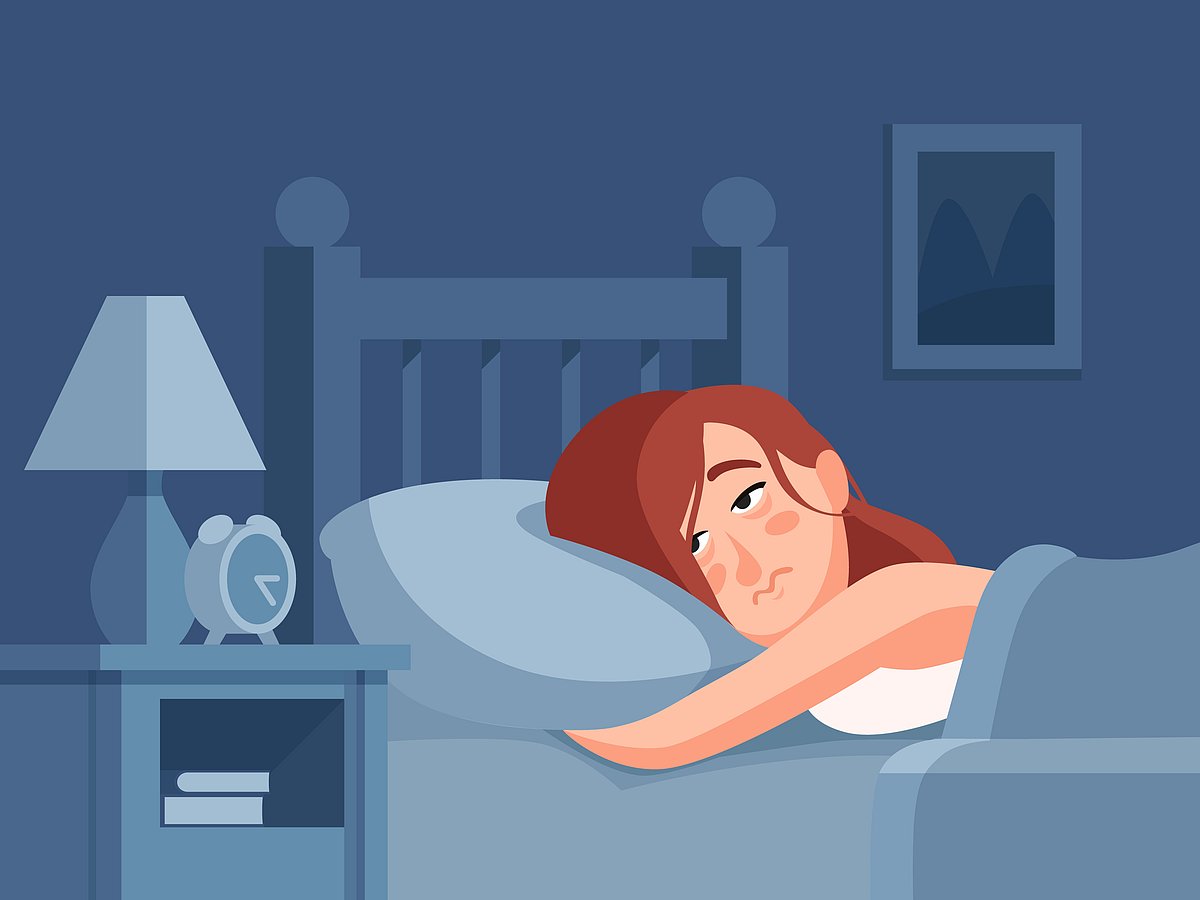Does silence keep you awake at night? Here's why and how to get a good rest
New research suggests how sleep habits have evolved across generations

Hello darkness, my old friend…
I’ve come to talk to you again.
If only we could embrace silence and darkness as melodiously as Simon and Garfunkel once did
Yet, as research shows, people after turning off the lights and settling into bed, are unable to sleep. Every creak in the house feels amplified. The truth is, the more you focus on the silence, the more it seems to press in on you. Why does the absence of sound—something we often crave—suddenly become so unsettling at night?
What research says
Recent research commissioned by Newsweek and conducted by Talker Research highlights how much sleep habits have evolved across generations. Though primarily focused on the U.S., the findings reflect a broader global shift in mindset. While past generations were encouraged to embrace silence at bedtime, today’s young adults actively seek noise to help them sleep.
The numbers highlight this shift. Nearly half (49 per cent) of Gen Z—those in their early to mid-20s—say they need white noise or background sound to fall asleep. Silence, for them, is more disruptive than soothing. Millennials and Gen X aren’t far behind, with 41 per cent and 40 per cent respectively using sound to sleep. Meanwhile, the older generations still favour traditional silence, with only 32 per cent using white noise.
What’s driving this change? Sleep expert Chelsea Perry, owner of Sleep Solutions and a diplomat of the American Board of Dental Sleep Medicine, points to our digital lifestyles. She explains that younger generations, constantly surrounded by phone notifications and digital noise, may struggle with complete silence at night. White noise acts as a comforting background, helping to mask sudden sounds that might wake them up.
This shift in sleep preferences isn’t just a personal choice—it’s changing how we think about healthy sleep habits. Just as people have different natural sleep patterns, some now rest better with background noise. Companies may respond by designing more advanced white noise machines or personalised sleep sound apps.
Understanding these generational differences can also ease family tensions. If you’re wondering why your Gen Z child sleeps with a fan running, or a younger person confused by your parents’ love of silence, this research sheds light on the divide.
While older generations may stick to their silent nights, younger ones are redefining what it means to get a good night’s sleep. As experts take note, we may need to rethink traditional sleep advice—sometimes, a little background noise might be just what’s needed.
‘Our brain remains active even when we are at rest’
Paula Reems, a Dubai-based sleep specialist, explains that silence is never truly silent. “Even in the quietest environments, our ears pick up on subtle ambient noises, our breathing, the hum of appliances, or the distant sound of a car passing by. When external sounds are minimal, our brains become hypersensitive, latching onto the slightest stimulus. This heightened awareness can trigger restlessness, making it harder to fall asleep.”
Our brain remains active, even we are rest. “In the absence of sound, the brain might compensate by becoming more alert, scanning for dangers. The silence, instead of being calming, can make us feel vulnerable, as though something is lurking just beyond our perception,” she says.
So, when there’s nothing to focus on, our minds wander. This is when midnight ruminations take over, as your mind finally has time to process the day's events. Overthinking takes centrestage. “Studies do show that silence heightens introspection, which is beneficial during the day, but overwhelming when you are trying to sleep,” she says.
Why some noise helps us sleep
Ever noticed how a gentle fan or white noise machine makes it easier to drift off? That’s because these consistent, low-level sounds help mask sudden noises that could startle us awake. White noise provides a steady backdrop that prevents our brains from becoming too sensitive to every little sound—or lack thereof.
Introduce soft background noise: Try white noise machines, calming music, or even nature sounds to create a steady, soothing environment.
Practise mindfulness techniques: Deep breathing, meditation, or guided sleep exercises can help calm the mind.
Reframe silence as peaceful: Instead of fearing the quiet, try associating it with relaxation and safety.
Stick to a bedtime routine: A consistent routine signals to your brain that it’s time to rest, making it easier to embrace the silence.
Silence doesn’t have to be your enemy at night. By understanding why it unsettles us and finding ways to make it work in our favor, we can transform it from an eerie void into a sanctuary for sleep.
So, you really can enjoy the sound of silence.
Sign up for the Daily Briefing
Get the latest news and updates straight to your inbox
Network Links
GN StoreDownload our app
© Al Nisr Publishing LLC 2026. All rights reserved.